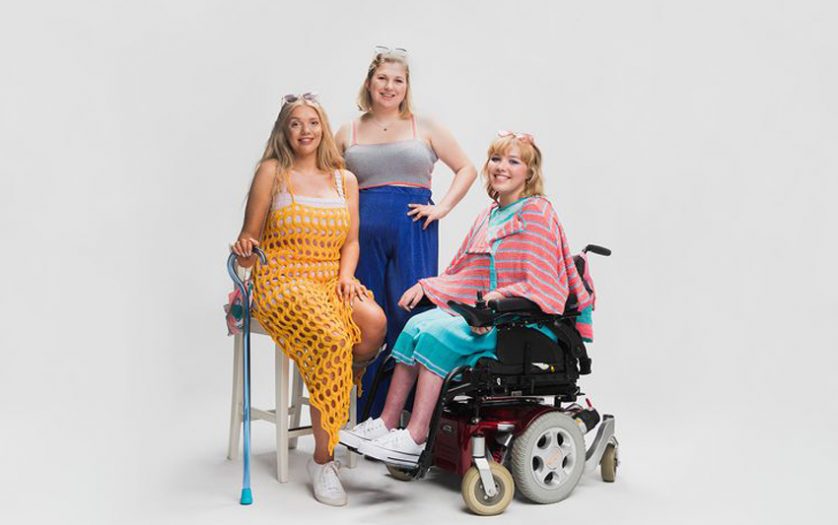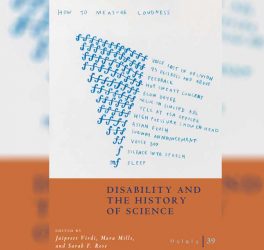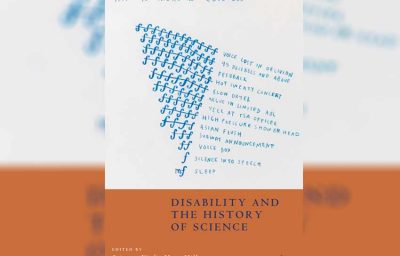
Gemma Tyte’s own experience of living with cerebral palsy is what drives her to demand inclusive designs from the more popular fashion houses.
Tyte, 22, from Axminster, is studying BA Fashion Knitwear Design at Nottingham Trent University and has designed an inclusive collection of clothing for people who use wheelchairs and other people with disabilities.
She told DevonLive that high street brands must “think outside of the box” when it comes to inclusive fashion.
Many clothing items currently available are not comfortable, fashionable, or easy to wear for some people with disabilities and Tyte wants this to change.
“When you consider that over 15 per cent of the population have a disability, it makes you wonder why there’s so little adaptive clothing on the market,” said Tyte, whose cerebral palsy affects her left-hand side.
“It’s even claimed there are more clothing lines for dogs than for people with disabilities, which is astonishing.”
Tyte encourages brands to re-think their designs and that they can be more inclusive by making minor adjustments to their existing collections.
“In many cases, it only means incorporating things like Velcro and magnets instead of buttons so that garments can be fastened easily,” she said.
“Disabled people want to look like everyone else, but a lot of adapted clothes are very functional and boring.
“They’re not unique and don’t allow people to express themselves.”
Tyte’s fashion line – Bermudaful Adaptions, so named as her father lives in Bermuda – incorporates bold colors not often seen in existing adaptive clothing.
With a focus on womenswear, she also accommodates for larger sizes to increase inclusivity.
Her designs are made appropriate for people who use wheelchairs by taking into account the demands put on ordinary clothing when people are in a seated position.
Tyte’s designs include an oversized, low-backed beach dress that is easy to put on and which is designed for people with hidden disabilities.
She has also designed adjustable clothing, seamless garments for added comfort and even a zero waste wrap-around skirt.
A skort – a pair of shorts that look like a skirt – in her collection provide modesty when seated and are designed with a higher back to front, magnetic seams and an elasticated waist.
Tyte’s work will feature in Nottingham Trent University’s art and design summer show, which will see graduating artists and designers displaying their work as an online public exhibition.
Ian McInnes, principal lecturer in Fashion Knitwear Design at the university, said, “Gemma has taken her personal experience with modern fashion, sought the views of a range of people with disabilities, and provided a workable solution for the industry to consider.
“Her designs show that inclusive fashion can and should offer vibrant and stylish clothing, allowing people to express themselves and communicate to the outside world how they perceive their own identity.”








